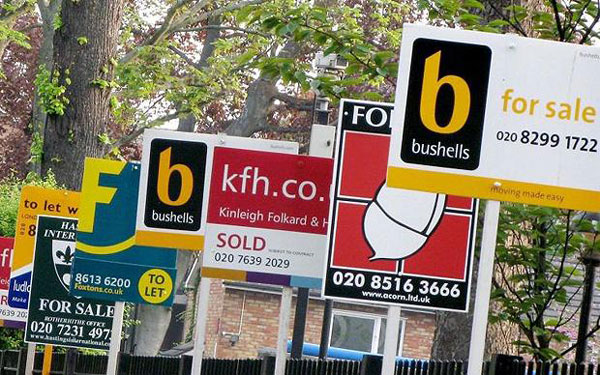First-time Buyer
First-time buyers warned their hopes are ‘unrealistic’

Guest Author:
Lana ClementsBuyers hoping to get on property ladder have “unrealistic expectations” of their first home, according to research by Yorkshire Building Society.
Four in five think the pad they will buy will meet all of their needs and two in five think their first home will be their last, the lender found.
In fact, six out of 10 buyers looking to buy the next property after their first, said their current home meets only some or none of their needs.
Size was named as the main issue, followed by location and not being energy efficient enough.
When asked at what stage of the housing ladder aspiring first-time buyers expected to feel most settled in their home, 44 per cent in said their first home.
But feelings towards their first home however changed considerably by second stepper stage – where just 17 per cent said that they felt most settled in their first property.

Wellness and wellbeing holidays: Travel insurance is essential for your peace of mind
Out of the pandemic lockdowns, there’s a greater emphasis on wellbeing and wellness, with
Sponsored by Post Office
Jeremy Duncombe, director of mortgages distribution at Yorkshire Building Society, said: “Our research tells us that first-time buyers understandably have extremely high expectations of their first home – but pragmatism and compromise are likely to be needed in reality.
“Those looking to buy a home for the first time who are prepared to compromise should be able to get on the housing ladder sooner, but should be aware of the sacrifices those compromises will bring.
“For example, our findings show that more than a quarter of first-time buyers are willing to buy a smaller property than they had hoped for – but once living in that property, we know that not having enough space is their number one frustration.
“A big part of this may be first-time buyers not taking into account how their needs may change as they progress through life, reaching key life milestones such as having children, for example.”